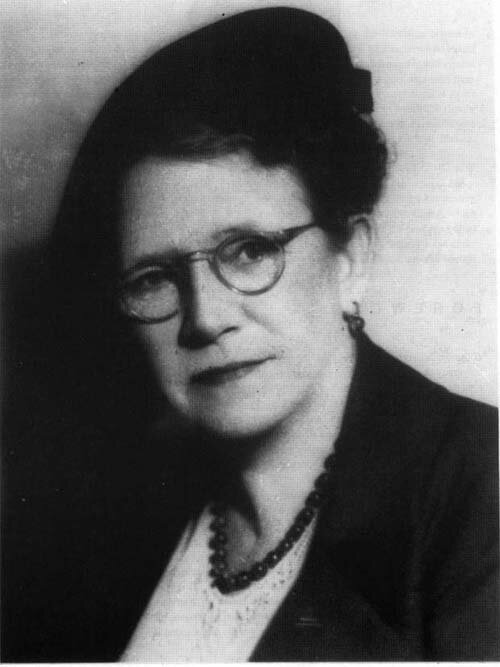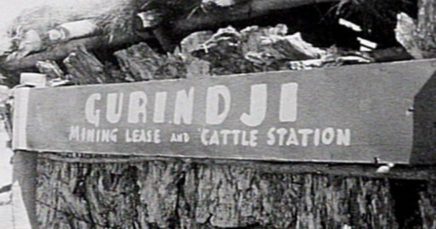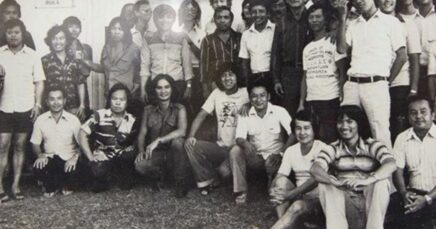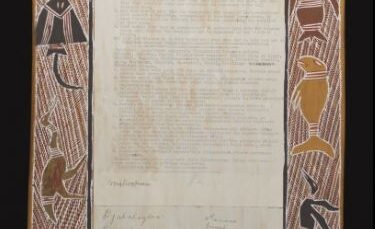Today we commemorate the life of Muriel Heagney, a union hero and long-term campaigner for equal pay who died on 14 May 1974.

Muriel was born in 1885 in Melbourne and by the early 1910s had become a committed trade unionist. She spent six decades campaigning for the rights of working women, particularly for Equal Pay. During the First World War she was the only woman clerk at the Defence Department by day, and an ardent campaigner against conscription outside working hours.
Through the 1920s and 1930s she was a prominent leader of union women and an advocate for workers’ education. This included her work for the Australian union movement in preparing submissions to the royal commissions on the basic wage in 1923 and 1927, and work for the Clothing Trades Union for its arbitration court submissions seeking equality in the basic wage for working women. Her growing reputation as a union researcher saw her take up a brief posting with the International Labor Organization in Geneva, as well as represent the Trades Hall Council at the first British Commonwealth Labour Conference, held in London.
During the dark years of the Great Depression Heagney remained an active campaigner for working women. She helped establish the Unemployed Girls’ Relief Movement in 1930, at a time when few were paying attention to the plight of young unemployed women.
In 1935 she wrote a celebrated pamphlet titled Are Women Taking Men’s Jobs in which she busted sexist myths of the time and prosecuted the case for equal pay for women. As she wrote in this work:
“…women consciously demand recognition of the fact that woman’s right to work rests not on the number of her dependants, nor on the fact that she does or does not compete with men, but in the absolute right of a free human being, a taxpayer and a voter, to economic independence. As such, she will not suffer dictation as to the intimate concerns of her life.”
In 1937 she was a leading light in the foundation of the union Council of Action for Equal Pay, which led the campaign for gender equity. She was instrumental in inspiring the ACTU to adopt equal pay as a policy in 1941.
From 1943 to 1947 she was an organiser for the Amalgamated Engineering Union – and during the Second World War many of the women who entered the industry during the war did receive equal pay, or very close to it.
Muriel continued to campaign and write in favour of equal pay. She lived to see the 1969 and 1972 national cases that made equal pay law. She died one week after the 1974 National Wage Case granted women equality in the national minimum wage.
Muriel Heagney is a hero of our movement, and today we remember her, and continue the fight for gender equality in her spirit.



